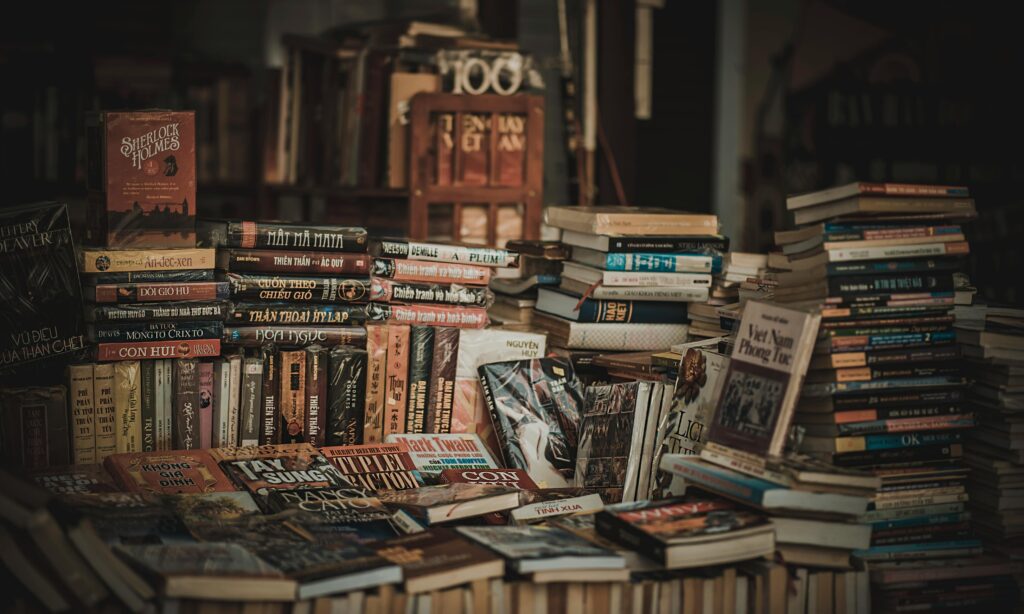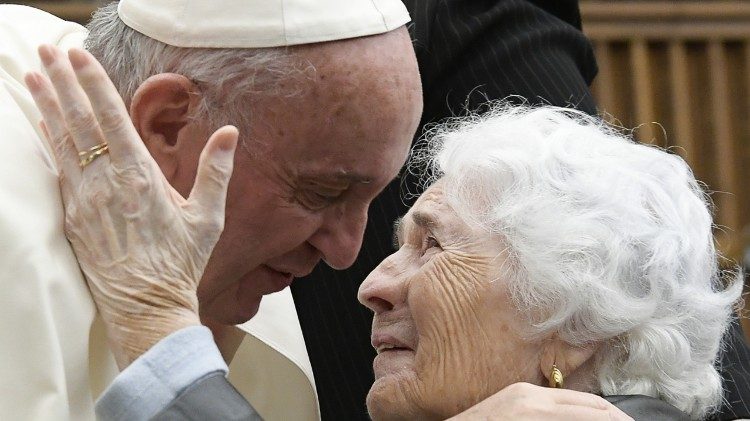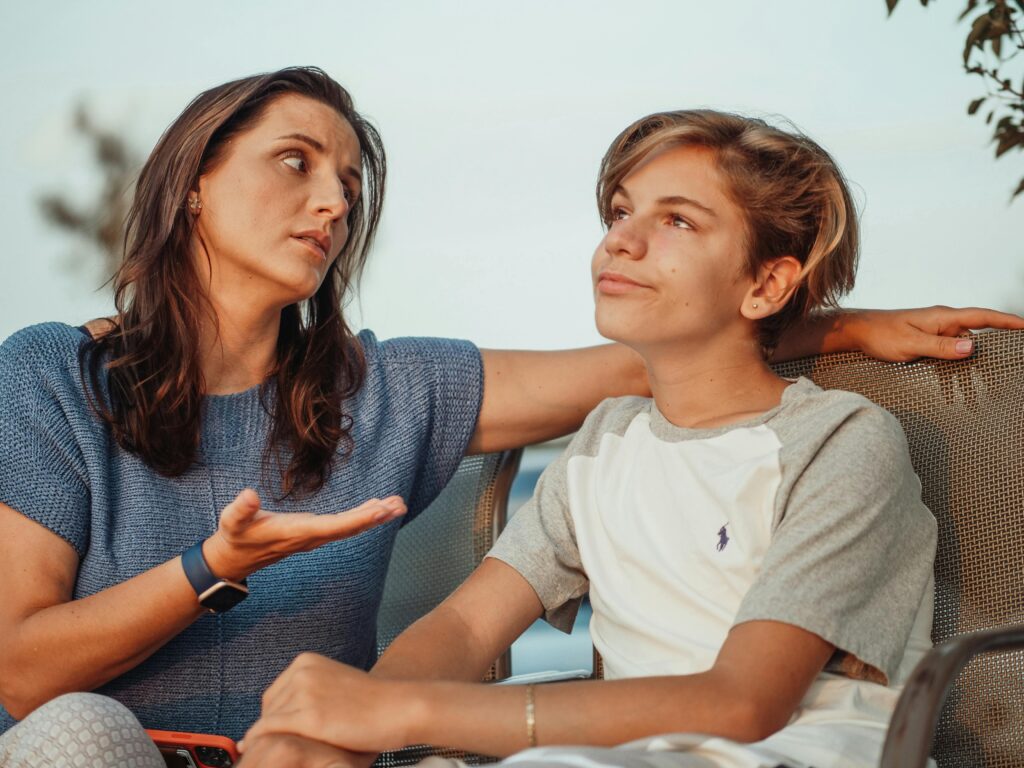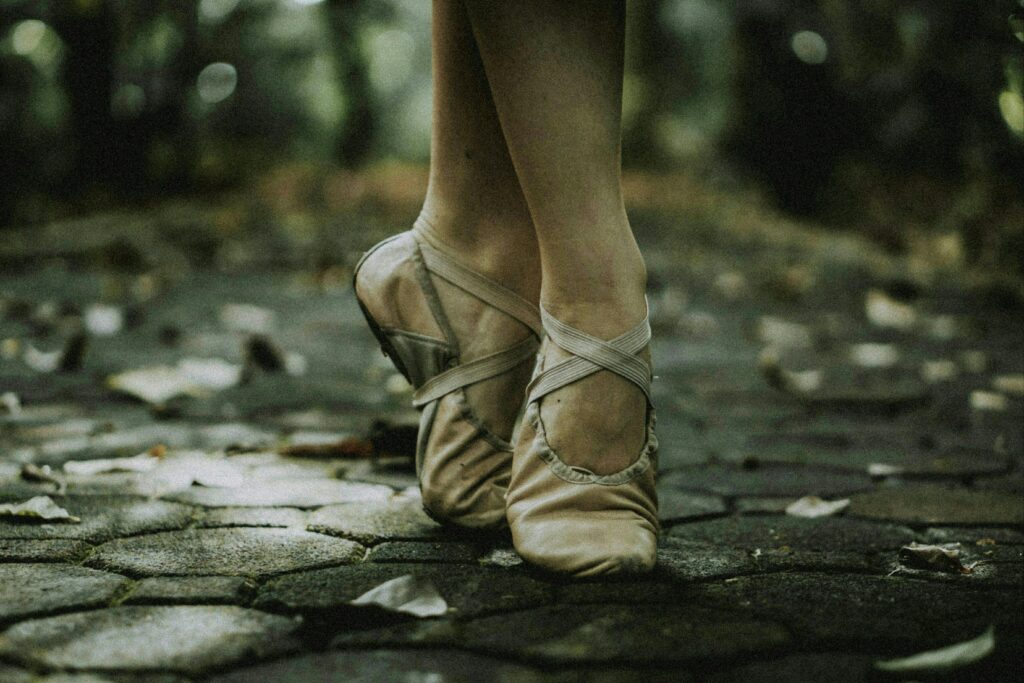The classics educate in humanity
Great books never go out of style: they shape, move, and reveal the profound truth of being human

A good work of art is made to be contemplated, meditated upon, and memorized, notes Marc Fumaroli in The Education of Freedom (Arcadia, 2007), a short and substantial text that advocates education in the classics. Advice along the lines of “learn the classics in 10 minutes” is out of place in this matter. A great book requires contemplation, concentration, and time. An education through the classics, Fumaroli reminds us, “responds to Aristotle’s definition of school, the brief age of studious leisure during which the habits and resources of the spirit are provided to clarify adulthood and its occupations, to soften maturity and its melancholy (p. 11).” It’s better to start early with the classics, which doesn’t prevent you from going back or returning to them at other stages of life.
Fumaroli, like Nuccio Ordine and many others, insists on the convenience of turning to the classics to enjoy the ancient gold of their writings. From reading the Greek, Latin, and medieval texts, we are left with powerful images that help us understand the diverse fibers of the human condition. Without neglecting the interpretations arrived at by specialists, those of us who are on the move find insights in the dramas, journeys, and twists of the characters. Every story, no matter how distant in time or geography it takes place, awakens the imagination and leaves a well in the reader’s soul. A well-composed of the universals of the imagination, references of good taste to continue savoring the good works of contemporary writers (see p. 17).
The classics educate in humanity because, although “the exact sciences develop high, special, and abstract faculties, they are incapable on their own of shaping either the inner man, the moral man, or the social man” (p. 19). The humanities, as Pascal would say, add to the spirit of geometry the spirit of refinement. Science and literature educate the complete human being. Scientific, experimental, and technical training is important; the role of science in human progress and well-being is unquestionable. What Fumaroli seeks to rescue—like so many other humanists—is the essential value that literature, the arts, and civility contribute to shaping the symbolic and moral heritage of civilization (see p. 20). The classics provide references and benchmarks that help us better understand ourselves as human beings. They contribute to spiritual growth, confirming the uniqueness of human dignity beyond the reach of per capita GDP.
Great books live in the permanent present: they move and educate. There is mastery in the writing, plasticity in the form. They are not superficial histories; they delve into the fundamentals of the human condition, and they do so with the simplicity of life in its drama, tragedy, and comedy. They are not moralizing readings, although they moralize; They tell a particular story, but their horizon is universal. A classic creates spaces for conversation and dialogue, opens the mind, and avoids particularisms or closed chapels. Great books help us better understand reality in its diverse manifestations. They beautifully show the truth that lies in the depths of being, in its lights and shadows. A good education relies on the classics as teachers of humanity.
Related

Cardinal Felipe Arizmendi: Passion for Christ, Passion for his People
Felipe Arizmendi
30 April, 2025
5 min

Authority and Good Humor
Edistio Cámere
30 April, 2025
3 min

Dance: Strength, Delicacy, and Dignity
Mar Dorrio
29 April, 2025
2 min

The Four Seasons of Your Life: Much More Than Music
P Angel Espinosa de los Monteros
28 April, 2025
3 min
 (EN)
(EN)
 (ES)
(ES)
 (IT)
(IT)

